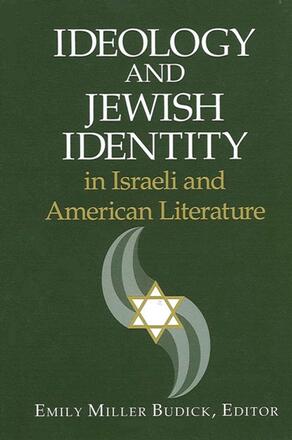
Ideology and Jewish Identity in Israeli and American Literature
Alternative formats available from:
Israeli and American critics debate what constitutes Jewish identity in modern Jewish literature.
Description
By creating a dialogue between Israeli and American Jewish authors, scholars, and intellectuals, this book examines how these two literatures, which traditionally do not address one another directly, nevertheless share some commonalities and affinities. The disinclination of Israeli and American Jewish fictional narratives to gravitate toward one another tells us much about the processes of Jewish self-definition as expressed in literary texts over the last fifty years. Through essays by prominent Israeli Americanists, American Hebraists, Israeli critics of Hebrew writing, and American specialists in the field of Jewish writing, the book shows how modern Jewish culture rewrites the Jewish tradition across quite different ideological imperatives, such as Zionist metanarrative, the urge of Jewish immigrants to find Israel in America, and socialism. The contributors also explore how that narrative turn away from religious tradition to secular identity has both enriched and impoverished Jewish modernity.
Emily Miller Budick is Ann and Joseph Edelman Professor of American Studies at The Hebrew University of Jerusalem and the author of Blacks and Jews in Literary Conversation.
Reviews
"Budick has gathered and arranged all the pieces meticulously. " — CHOICE
"The focus on ideology and identity are central to much thinking about ethnic literature and cultural studies, and the question of Jewish identity and self-definition apart from religion is a central one today. This book will be a must-have for the bookshelves of a wide reading audience, including but by no means limited to scholars with an interest in Israeli literature, politics, and culture; American studies; and ethnic and cultural studies. " — Sara R. Horowitz, author of Voicing the Void: Muteness and Memory in Holocaust Fiction
"This book looks at modern Jewish culture through both American and Israeli eyes, while simplifying or privileging neither, teaching us that they are part of the same modern, and increasingly postmodern project. That is quite an achievement. " — David Suchoff, Colby College